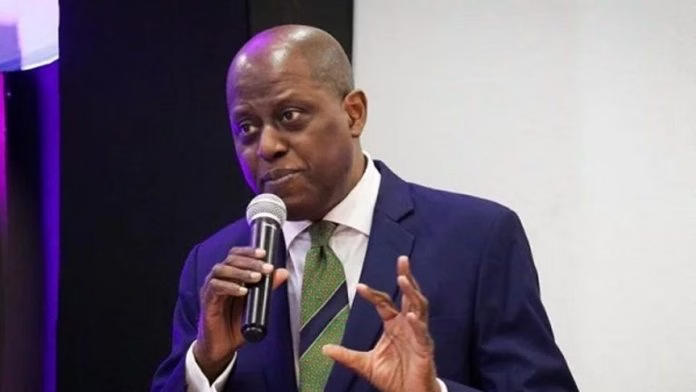Rising Food Prices Deepen Nigeria’s Inflation Woes – CBN

The Central Bank of Nigeria (CBN) has attributed the worsening inflationary pressure in the country to the escalating cost of food, further compounded by rising energy prices. This revelation came from Mr. Yemi Cardoso, CBN Governor, while presenting the communiqué from the apex bank’s 298th Monetary Policy Committee (MPC) meeting held on Tuesday in Abuja.
Speaking on the issue, Cardoso noted that headline, food, and core inflation measures saw a year-on-year increase in October, with all three indicators also showing monthly gains. “This points to persistent price pressures, which continue to impact citizens’ income and welfare adversely,” he remarked.

Inflationary Drivers Identified
The CBN Governor explained that food prices were a key contributor to the inflation uptick, acknowledging Federal Government efforts to improve security, especially in the North-East, as a means to boost food production. However, the situation remains challenging, with energy costs exacerbating the problem.
“The recent increase in the price of Premium Motor Spirit (PMS) has significantly impacted the cost of production and distribution of food items and manufactured goods,” Cardoso said.
The CBN expressed optimism that the full deregulation of the downstream petroleum sector would eventually eliminate scarcity and stabilise price levels in the short to medium term.
Policy Responses and Recommendations
To combat inflation, the MPC raised the Monetary Policy Rate (MPR) by 25 basis points to 27.50%, while retaining other parameters: the asymmetric corridor around the MPR at +500/-100 basis points, the Cash Reserve Ratio (CRR) at 50.00% for Deposit Money Banks and 16% for Merchant Banks, and the Liquidity Ratio at 30.00%.
The committee stressed the importance of deepening collaboration between monetary and fiscal authorities to achieve synchronised objectives of price stability and sustainable economic growth.
External Sector Developments
Cardoso highlighted positive developments in the external sector, including an increase in the current account surplus, improved remittances, and capital inflows, which have bolstered external reserves. However, the MPC expressed concern over persistent exchange rate pressures caused by high demand in the foreign exchange market.
“Members urged the apex bank to explore measures to boost market liquidity,” Cardoso noted, signalling the CBN’s commitment to addressing currency challenges while maintaining a focus on inflation management.
Economic Outlook
With inflationary pressures continuing to bite, the CBN’s measures reflect a balancing act between controlling inflation and supporting economic stability. Cardoso’s call for enhanced collaboration between monetary and fiscal authorities underscores the need for a unified strategy to address the economic challenges facing Nigeria.
The nation’s citizens and businesses are looking to the apex bank’s efforts for relief, as food and energy costs weigh heavily on household budgets and production costs alike. Liquidity Woes Persist as Money Market Rates Diverge




